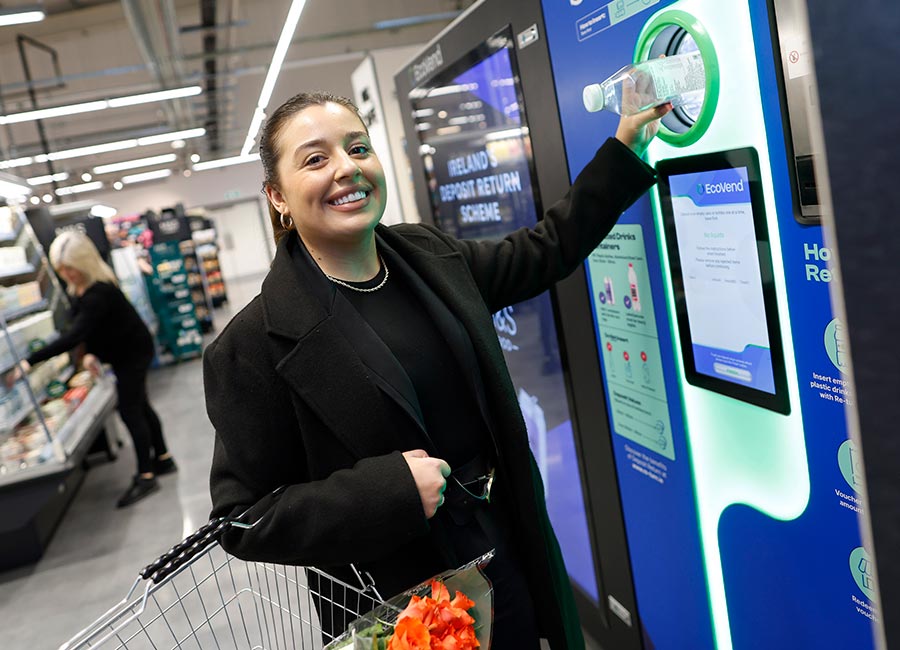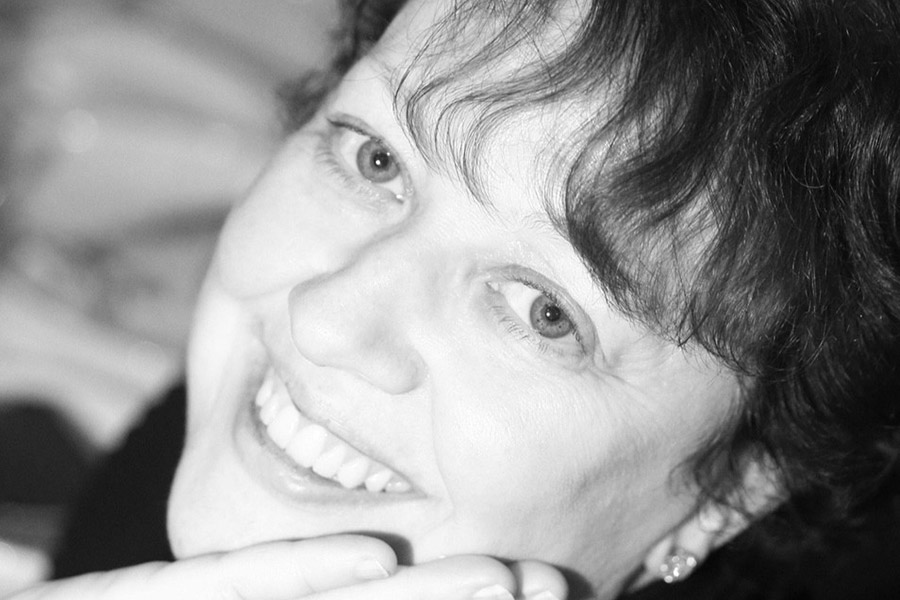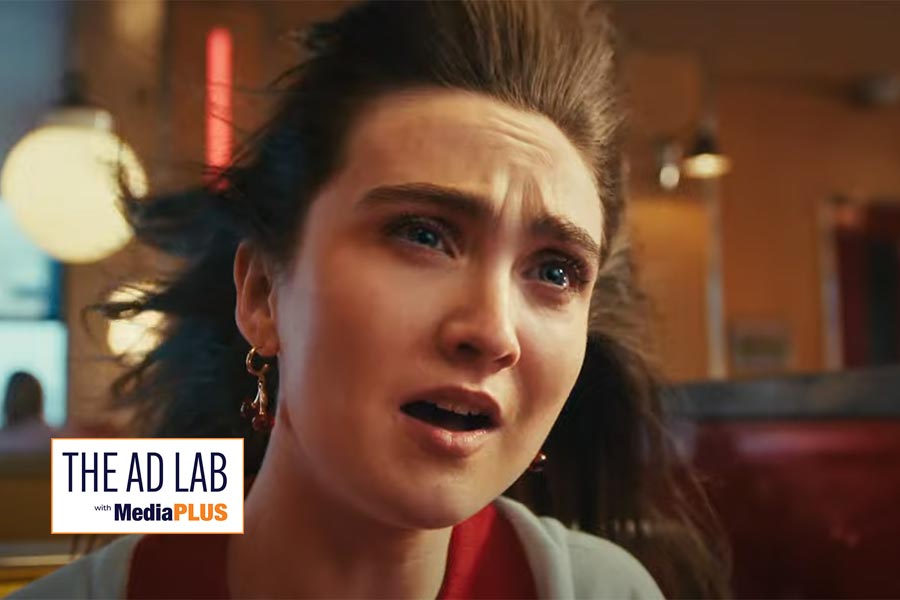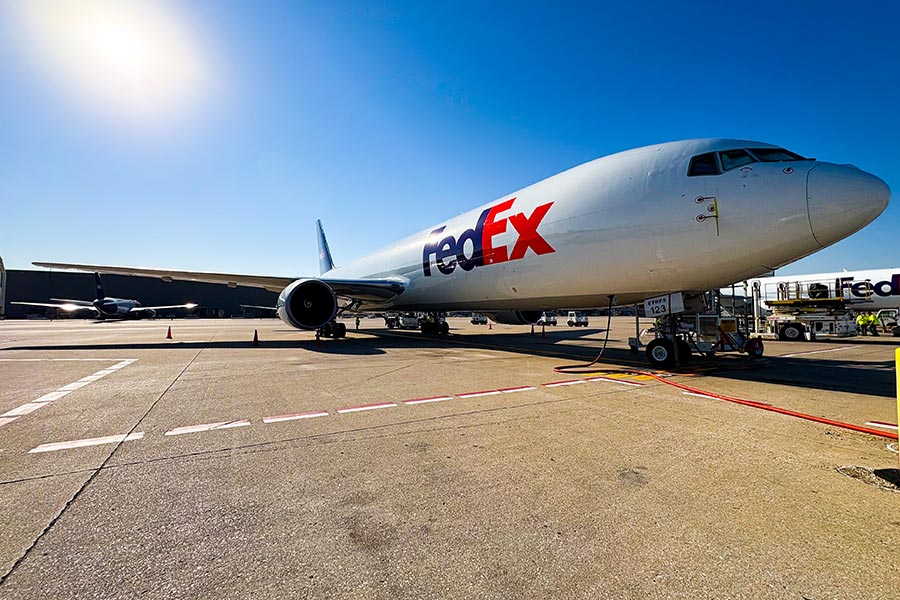Around €54m goes unclaimed by shoppers from the Deposit Return Scheme over the course of a year, it has emerged.
But the cash is not kept by supermarkets and is instead ploughed back into running the recycling scheme.
Around €200m a year is spent on deposits but a whopping €54m of that cash pile is not claimed back.
The scheme charges shoppers a deposit of 15c on drink cans, or plastic bottles up to 500ml, and 25c on larger bottles and cans.
Many shoppers believed that unclaimed cash was kept by shops which collect the money at the till, on top of the price of the drink can or plastic bottle.
However, unclaimed money raised through the drink industry-funded scheme actually goes towards the cost of running the machines and paying for advertising.
Glass bottles are not part of the scheme as they would smash too easily in the return machines.
The latest return rate was the equivalent to 73% of all containers placed on the market, according to Brussels-based analysts Reloop.
The EU has set Ireland a target to separate and collect 77% of plastic beverage bottles and aluminium cans by 2025, rising to 90% in 2029.
Deposit return is a proven method of increasing recycling rates, with great success in several European countries, according to Tove Anderson, chief executive of Tomra, which supplies the return machines.
“Our expectation is that we will get the scheme across the rest of the EU because you have the single-use plastic and the packaging waste regulations so that by 2030 all EU countries collect more than 90% of their beverage containers,” she said.
“Unless you put a deposit on the bottle or the can, you will not be able to get those kinds of collection rates.
“Our expectation over the next five years is that it will come in most countries in Europe.”
She added: “Typically, what we see is that if you don’t have a deposit on the beverage containers it is difficult to get a collection rate above 60%.
“Typically it is 40 to 60% of the beverage containers being collected and recycled.
“In a well-functioning deposit scheme you can get over 90%. When you put a value on the waste, which is what you’re doing here, people actually understand that this is a material that has a value.
“Even if somebody doesn’t recycle themselves, somebody else will pick it up.
“That’s also what we see outside the gas station or elsewhere – someone else will pick it up.”
Ms Anderson said that “general littering goes down because it creates awareness in general that material has a value, it should be returned, you should return a bottle and make sure litter goes in the trash can”.

She described reports of people scouring bins looking for unreturned items as just “teething problems”.
A machine was launched recently near Baldonnell in west Dublin, where instead of feeding cans and bottles individually, you can pour in a bagful and the device automatically scans them.
“Going forward those types of machines will be beneficial,” said Ms Anderson.










